Delegates agreed with and highly appreciated the Government's Report on the assessment of the implementation of the National Assembly's Resolution on the 5-year Socio -Economic Development Plan (2021 - 2025). However, delegates said that "the risk of falling behind and falling into the middle-income trap is becoming a huge challenge that the economy must overcome", the Government's term reports and the review report of the National Assembly's Economic and Financial Committee also proved this assessment.
Referring to a series of solutions, delegates said that it is necessary to innovate the growth model and make institutional breakthroughs; create breakthroughs in income and policies for officials and civil servants; train, attract and use talents in the public sector; promote public service ethics, responsibility for implementation and responsibility for setting an example.
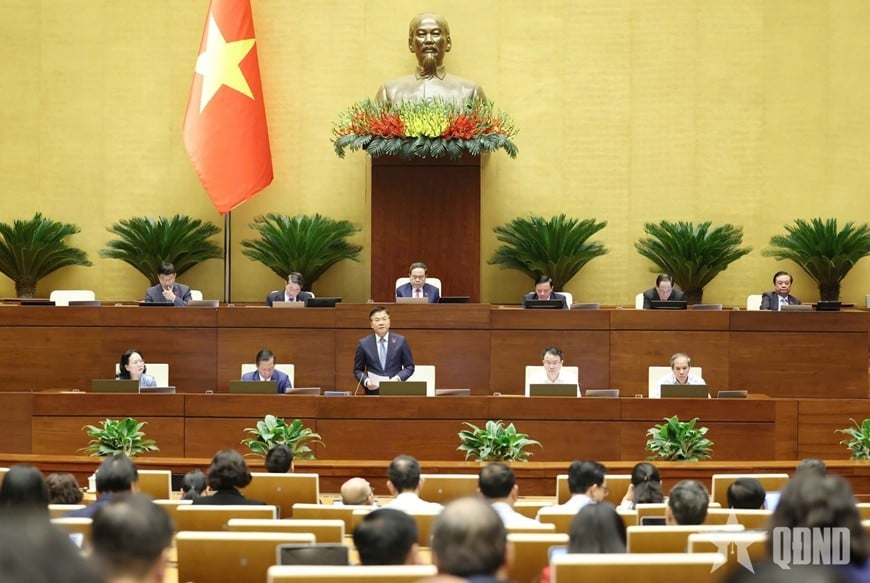
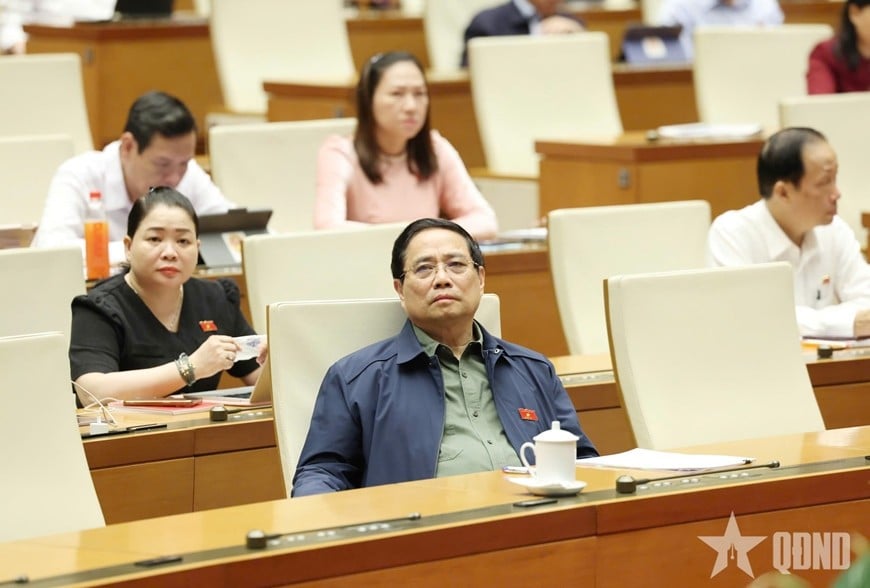
Delegate Truong Trong Nghia (Ho Chi Minh City delegation) expressed that Vietnam aims to become a developed country by 2045; not only the average income per capita reaches 20,000 - 25,000 USD/year, but also needs to develop rapidly and sustainably. However, according to the delegate, Vietnam is showing signs of approaching the "middle-income trap", when the economy is still heavily dependent on the FDI sector, labor productivity and localization rate are low, there is a lack of high-quality human resources, the population is aging, the gap between rich and poor is increasing; finance - budget, finance - banking, capital market, real estate market still have many potential risks; especially the income of workers, including officials and civil servants is still low, even a part is below the minimum living standard...
The delegate said that the solution to avoid falling into the middle-income trap is to transform the growth method and model, specifically the knowledge economy, digital economy, green economy and circular economy, while at the same time having the ability to be self-reliant, resilient and highly internationally competitive. Accordingly, for the country to enter a new stage of development, the delegate said that there must be a breakthrough in institutions and policies for the team of cadres, civil servants and public employees.
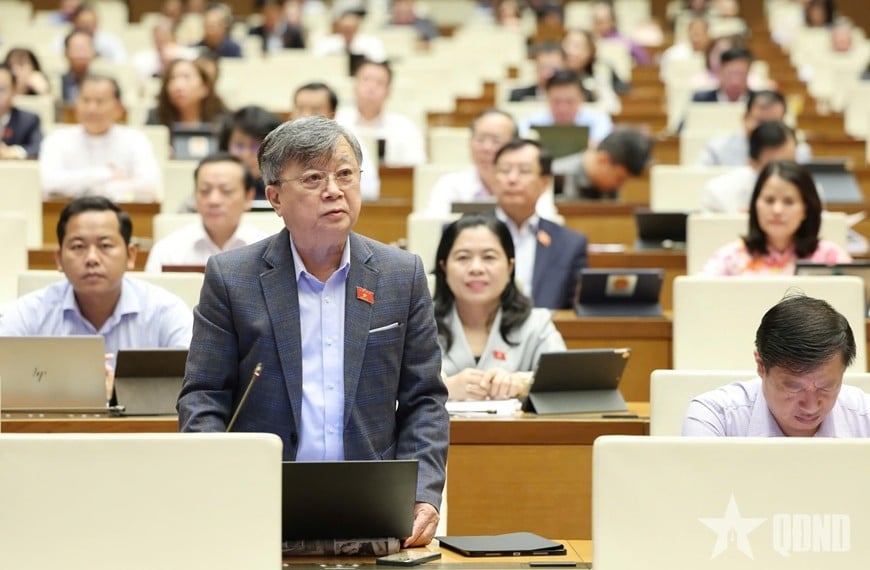
According to the delegate, it is impossible to have cadres, civil servants and public employees from the poor class of society. The income of the labor force in the public sector must be equal to the average living standard of society, so that they can focus on public service and not have to work extra to take care of their lives.
Along with improving income, delegates said that it is necessary to establish a reasonable KPI (Key Performance Indicator) system, apply a worthy reward regime and strict sanctions in performing public duties, commensurate with the remuneration regime to encourage dedication.
Delegate Truong Trong Nghia also said that training, fostering and attracting talent in the public sector is a "compulsory and urgent need", requiring standards and criteria for selecting leaders to be objective, scientific, impartial, and for the highest interests of the country.
"Planning for leadership must be a process of testing and verification, with ups and downs, ins and outs. It is necessary to immediately promote those who have demonstrated real capacity and high public ethics, whether in or out of the planning, inside or outside the Party," the delegate added.
The delegate also suggested that it is necessary to overcome shortcomings in the implementation stage, namely the gap between resolutions and reality, between words and actions. With the view that implementation is the work of the entire political system and the whole society, the delegate emphasized that cadres, civil servants and public employees of the Party and State must be the vanguard and exemplary force.
Source: https://baolangson.vn/tang-thu-nhap-cong-chuc-doi-moi-the-che-chia-khoa-thoat-bay-thu-nhap-trung-binh-5063403.html


![[Photo] Touching scene of thousands of people saving the embankment from the raging water](https://vphoto.vietnam.vn/thumb/1200x675/vietnam/resource/IMAGE/2025/10/30/1761825173837_ndo_br_ho-de-3-jpg.webp)
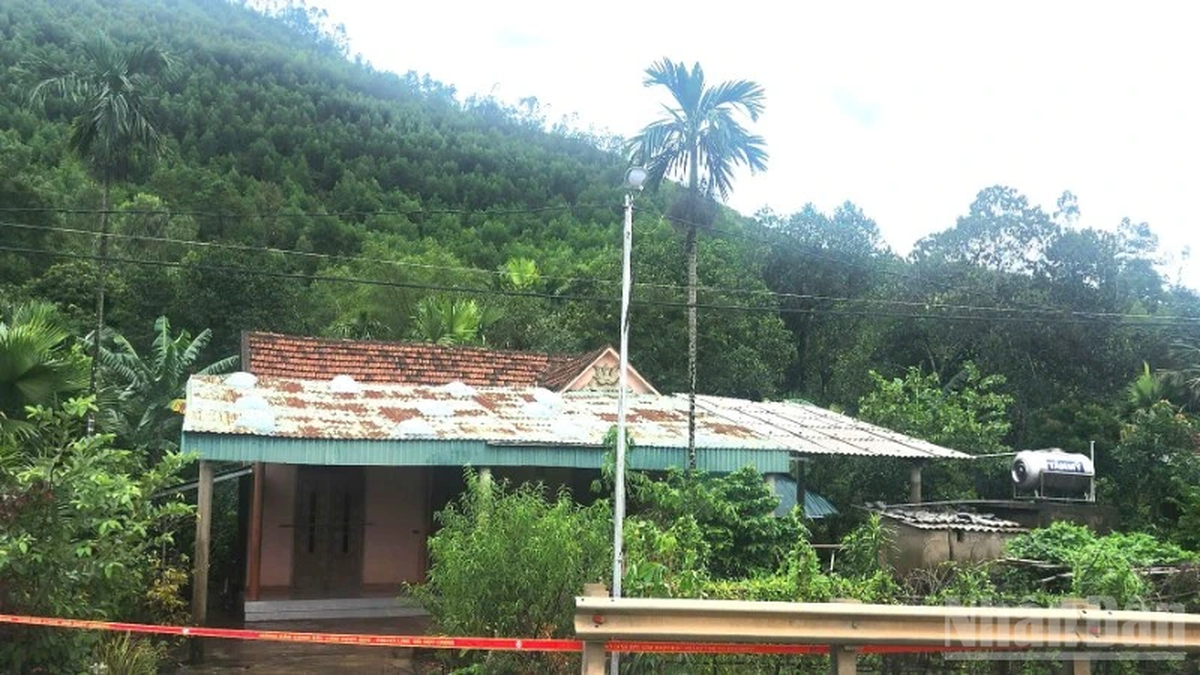
![[Photo] General Secretary To Lam meets former British Prime Minister Tony Blair](https://vphoto.vietnam.vn/thumb/1200x675/vietnam/resource/IMAGE/2025/10/30/1761821573624_tbt-tl1-jpg.webp)
![[Photo] General Secretary To Lam attends the Vietnam-UK High-Level Economic Conference](https://vphoto.vietnam.vn/thumb/1200x675/vietnam/resource/IMAGE/2025/10/30/1761825773922_anh-1-3371-jpg.webp)
![[Photo] The Third Patriotic Emulation Congress of the Central Internal Affairs Commission](https://vphoto.vietnam.vn/thumb/1200x675/vietnam/resource/IMAGE/2025/10/30/1761831176178_dh-thi-dua-yeu-nuoc-5076-2710-jpg.webp)
![[Photo] National Assembly Chairman Tran Thanh Man receives foreign ambassadors who came to say goodbye](https://vphoto.vietnam.vn/thumb/1200x675/vietnam/resource/IMAGE/2025/10/30/1761820977744_ndo_br_1-jpg.webp)
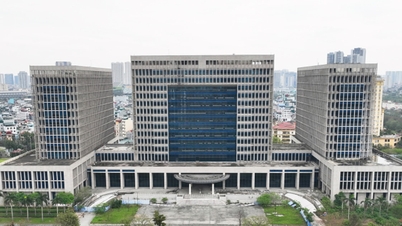



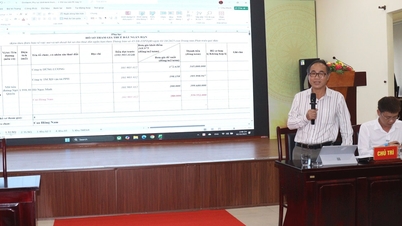









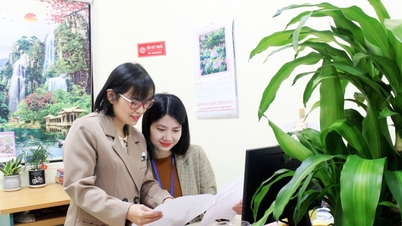

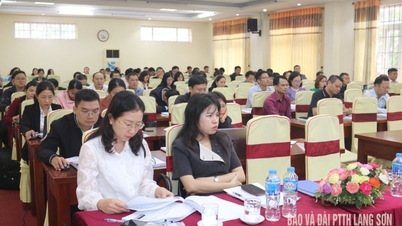

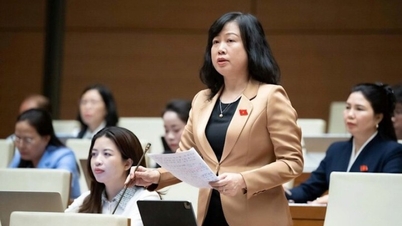
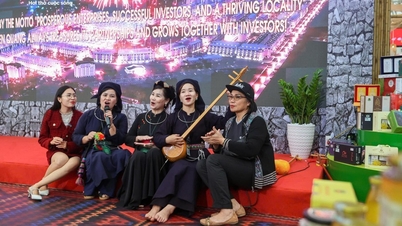






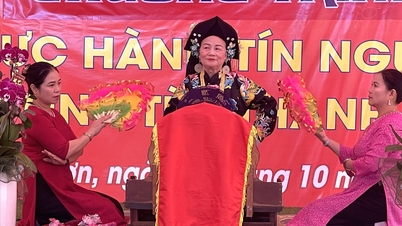






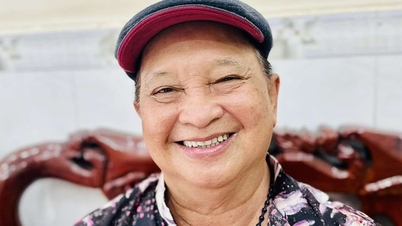







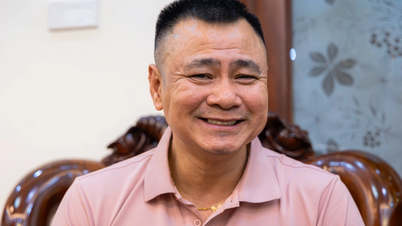

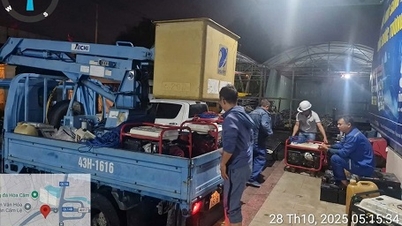

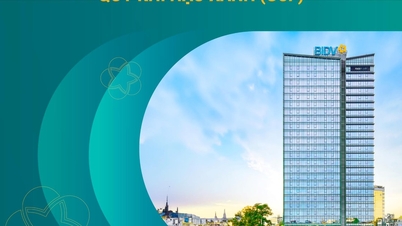

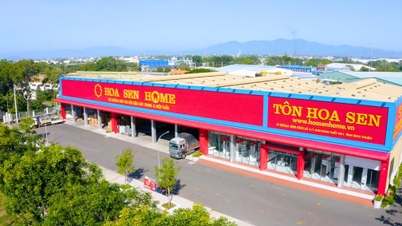















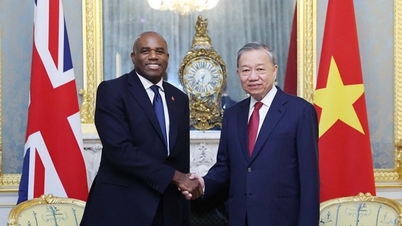
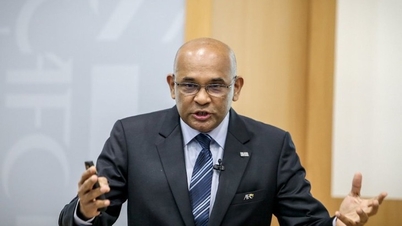
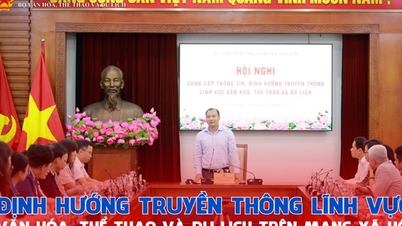
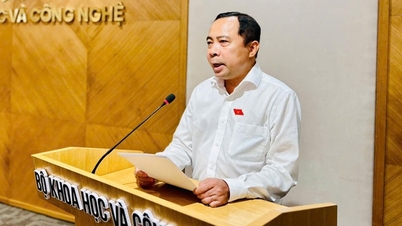

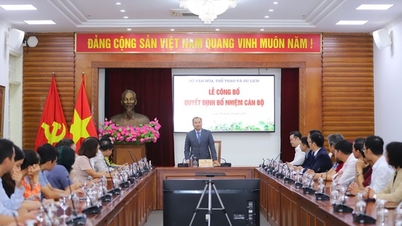



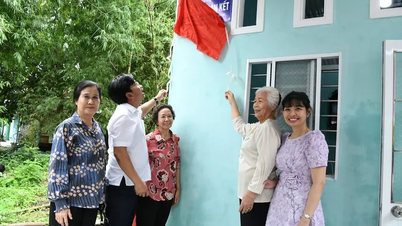

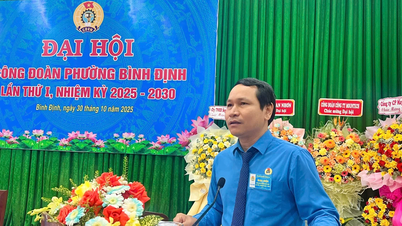



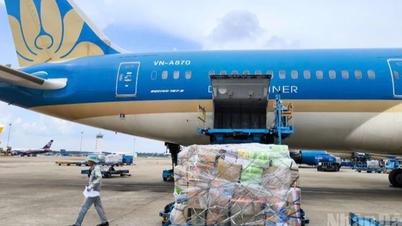
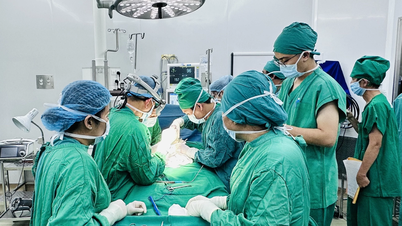

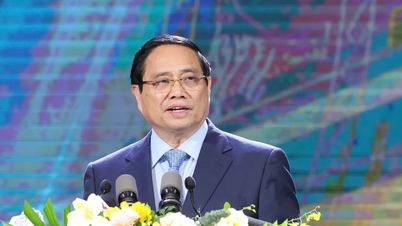

















Comment (0)